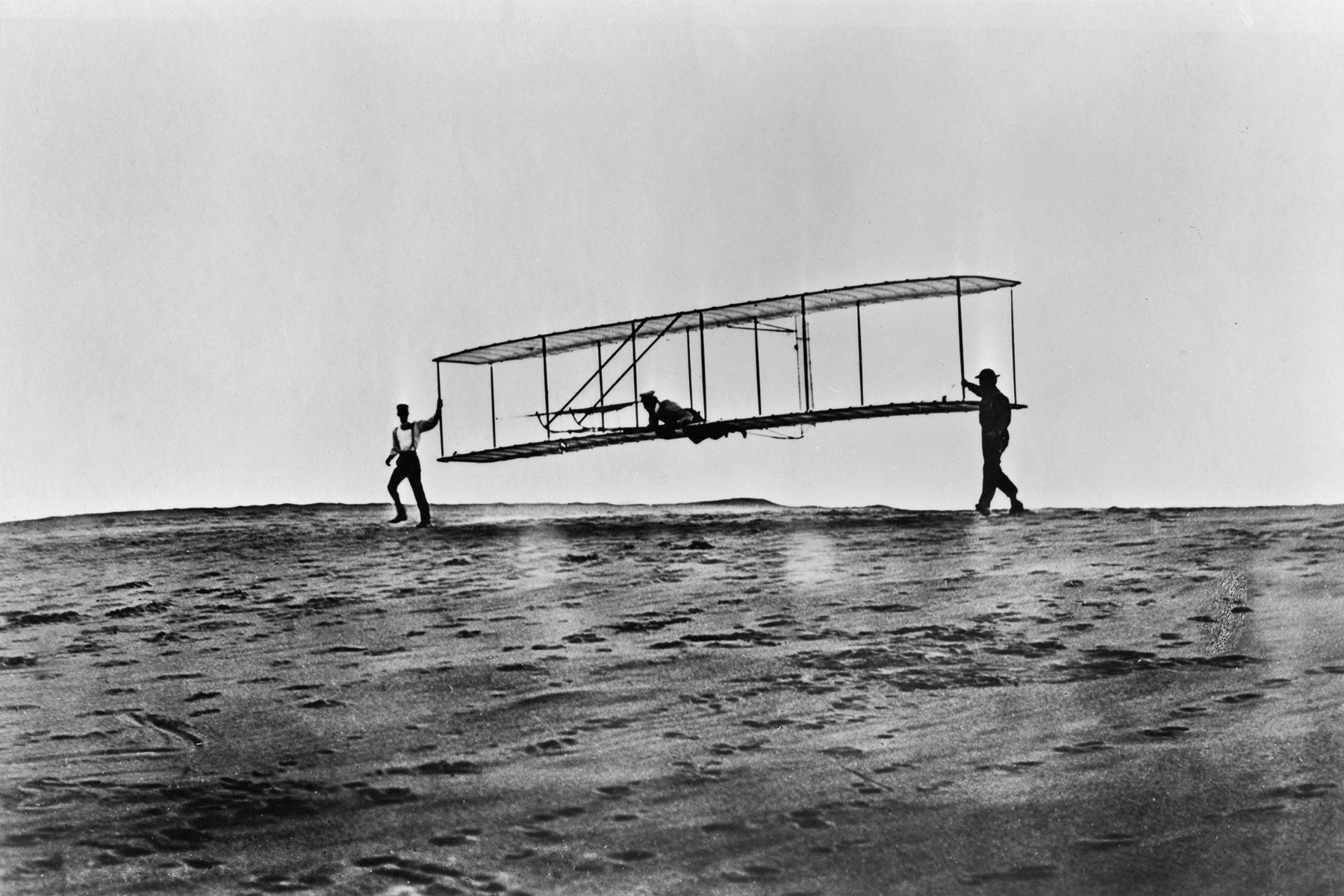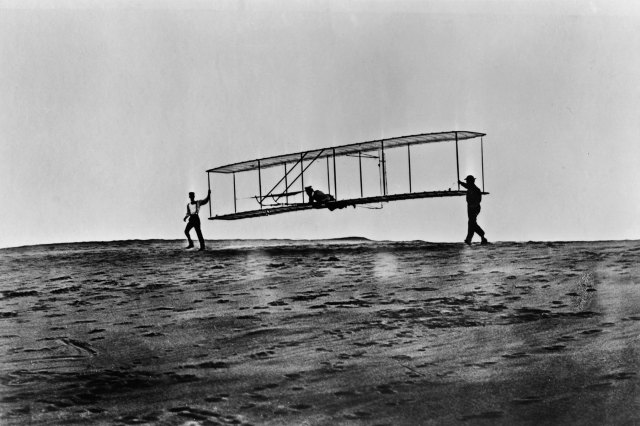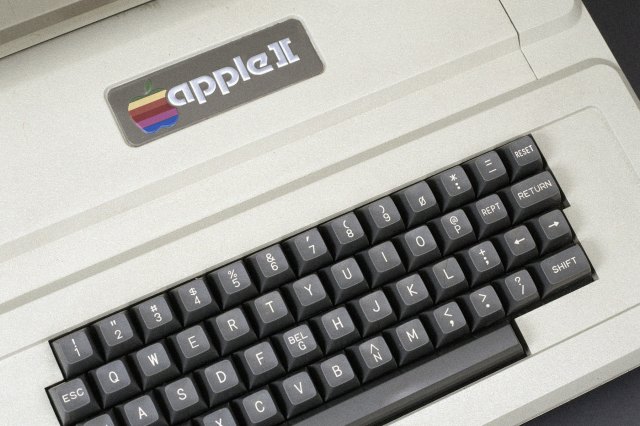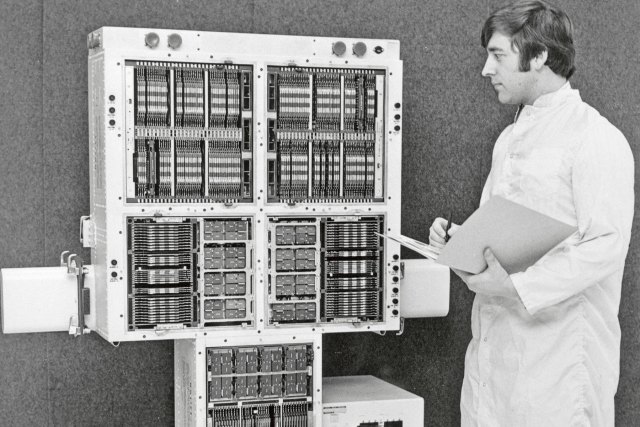20th-Century Inventions That Changed the World
In many ways, the 20th century was defined by groundbreaking scientific discoveries and revolutionary new technologies. When the century began, the industrialized world was still using the steam engine, and as it came to a close, the digital age had ushered in transformational new inventions. From the airplane and the era of high-speed travel to the personal computer and our modern information age, the innovations of this era fundamentally changed the fabric of people’s everyday lives. Here are five transformative inventions from the 20th century.

The Electric Refrigerator
Today the electric refrigerator is so commonplace, you would barely give it a second thought, but when it was first invented, this humble appliance completely changed the way people lived. The first electric fridge designed for home use was patented in 1913 by an American engineer named Fred Wolf, and by the 1960s the technology had advanced enough for fridges to become a fixture in most U.S. homes. The new kitchen staple transformed nearly every aspect of the way Americans bought, stored, and shipped food. Before the fridge, if you didn’t live near the source of certain perishable foods, it often meant you simply couldn’t get them. Refrigeration made it possible to ship fresh food over long distances without spoilage. It also meant that people could store certain foods year-round without resorting to time-consuming, taste-altering preservation processes such as drying or pickling. Today, electric refrigerators can be found in 99.5% of American homes, allowing people to eat foods from all over the world, pretty much whenever they want — a way of life that would have been unrecognizable to someone living at the turn of the 20th century.
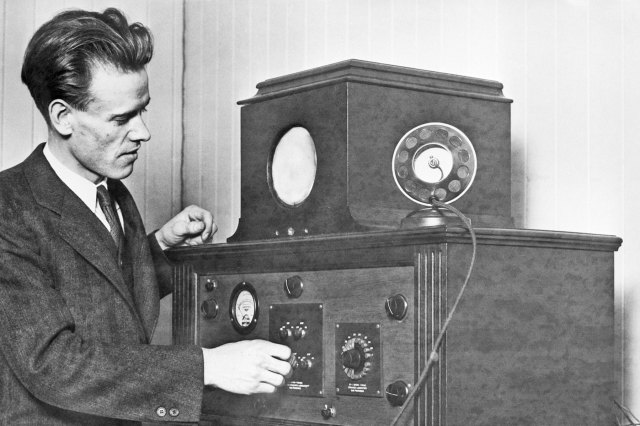
The Television
When the first fully electronic television system was created by American inventor Philo Farnsworth in 1927, it altered the media landscape forever. The TV made it so that for the first time in history, people could witness significant political and historical events as they were actually happening. Footage of world-changing moments — from Neil Armstrong’s first steps on the moon to the fall of the Berlin Wall — could be broadcast directly into people’s homes instead of merely described over the radio or summarized after the fact in a newspaper. TV didn’t just change the way people consumed their news, of course; it also gave rise to a whole new form of entertainment. Entirely new storytelling formats — from the sitcom to the hour-long prestige drama of the modern era — were created especially for the small screen and gobbled up by millions of viewers around the world, transforming popular culture in the process.





